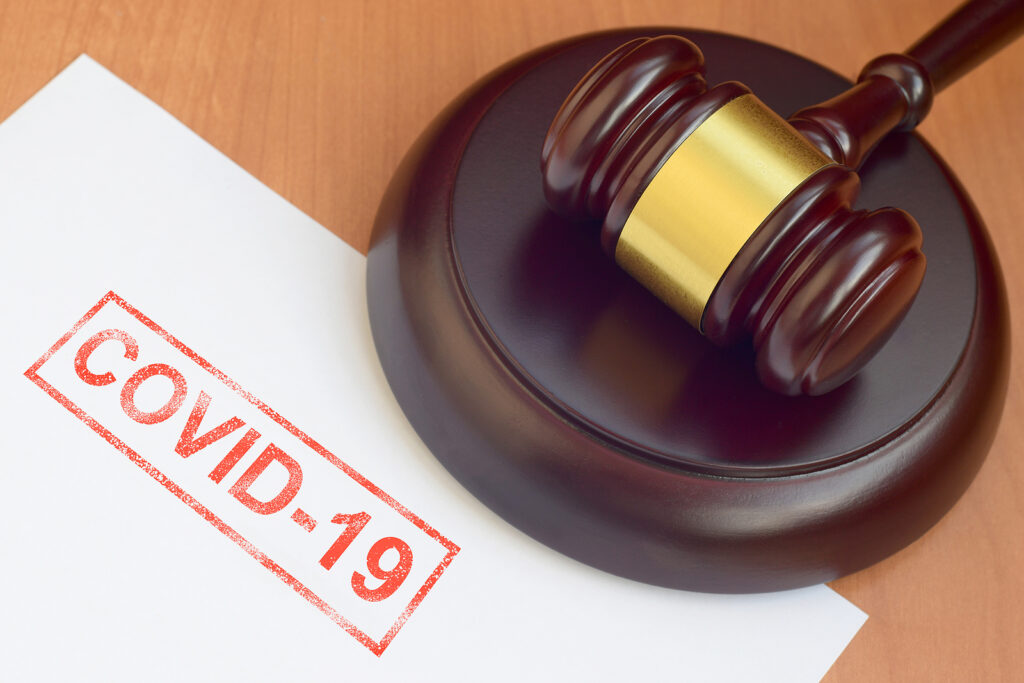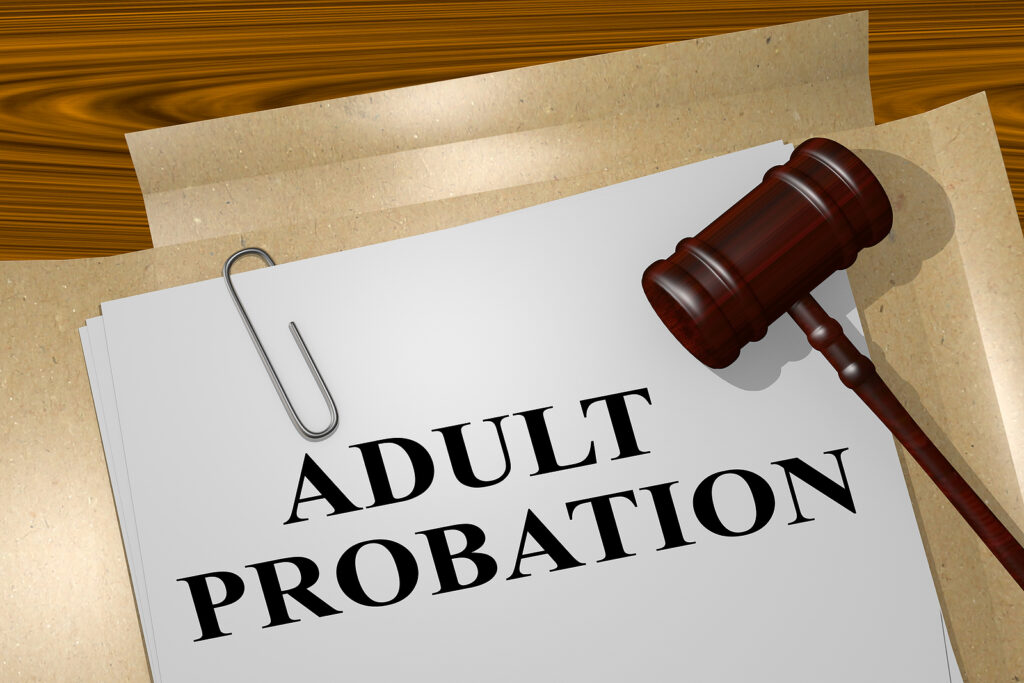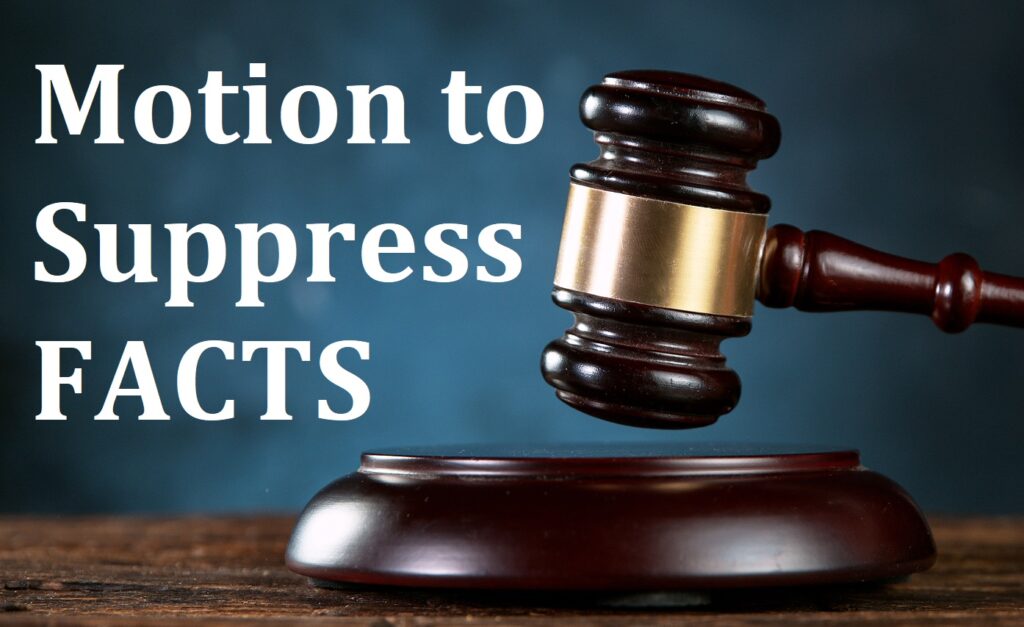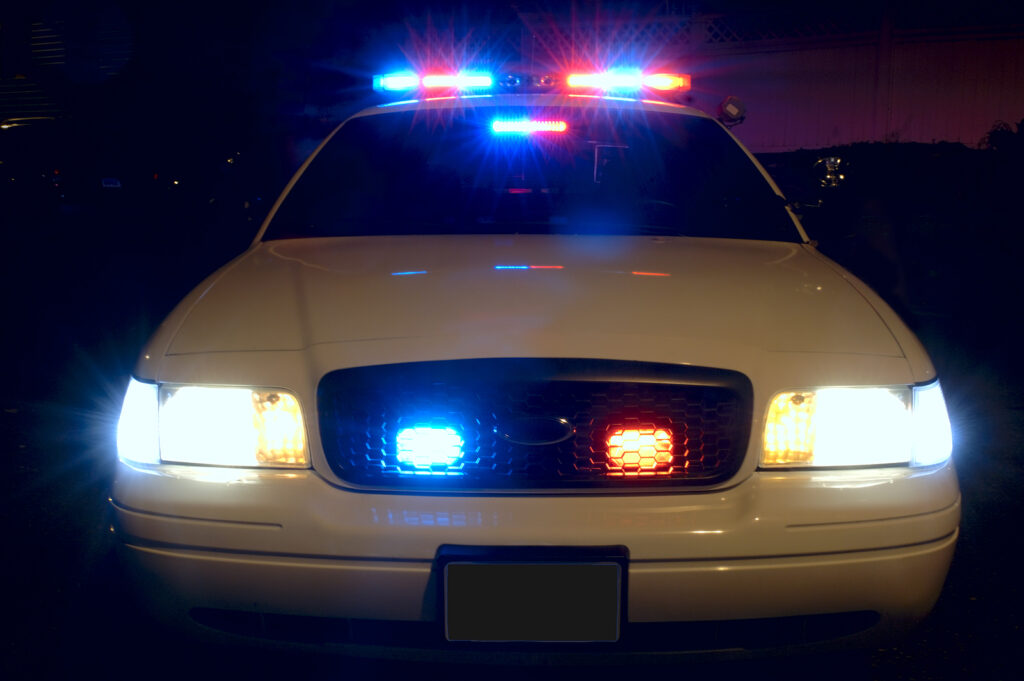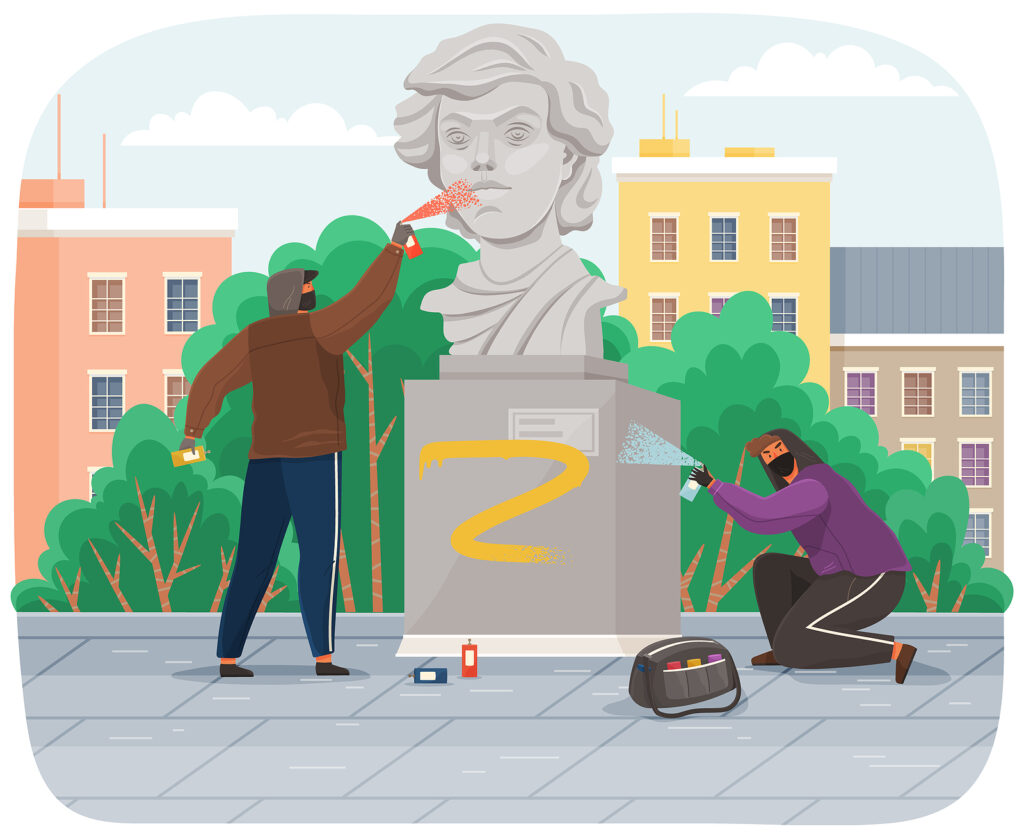The most important job you have as a person who is facing criminal charges in Indiana is to hire a good defense lawyer to represent your case. The right attorney will make all the difference when it comes to your criminal case outcome. If you want any chance at avoiding the maximum penalties for your charges, you must hire a private criminal lawyer. Not sure how to choose among all the local law firms?
Continue reading to learn how to find a good Indianapolis criminal defense attorney you can trust and afford.
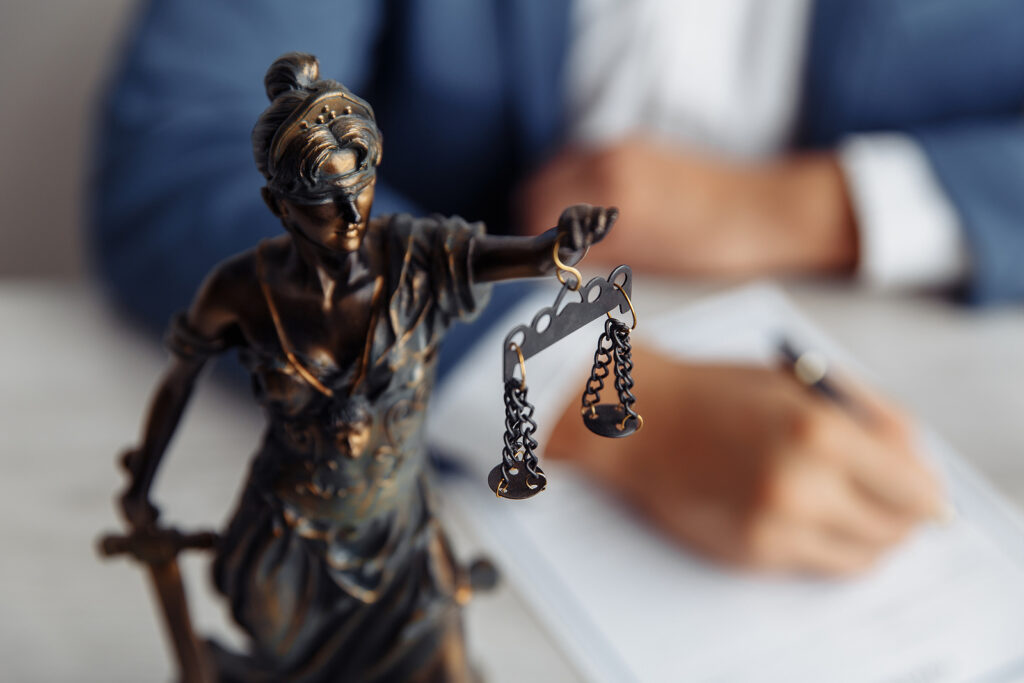
Not All Criminal Law Offices are Alike
When you begin your search for Indianapolis criminal law offices, you will find that there are plenty of options to choose from. But beware that not all criminal law offices are alike. It is important to find a criminal defense attorney who has the accolades and achievements that support their ability to obtain the best possible criminal case outcome. When narrowing down your search, look for law firms or lawyers who have experience, community establishment, client testimonials and case results, and much more.
This workload may feel overwhelming to you, so as a start, focus on these top considerations when searching for Indianapolis, defense attorneys:
Experience
Experience means all the difference in the industry of law. Not only is criminal law extremely complex, but it is ever-evolving. This includes the various members of magistrate, courtroom officials, jail staff, and more. For this reason, an experienced criminal defense lawyer will be more capable of rendering better case results, such as dismissal of jail time or sentence reductions, compared to a lawyer who has just started out.
A reputable and trusted Indianapolis criminal defense law firm will have at least 10 years of experience. In addition to experience, you want to also identify community establishment. You do not want to hire a lawyer who has relocated offices multiple times over the course of a few years. This can signify instability.
Client Testimonials and Case Results
After you have confirmed that a law office has the experience you are looking for, your next focus should be their client testimonials and case results. Knowing what previous clients have posted about their experience working with a particular lawyer can tell you a lot. Knowing the outcome of the cases they’ve represented before can tell you even more. Keep in mind that case results do not need to be extravagant to prove a lawyer’s skill. Case results should show improvement, not pardons and dismissals.
Attorney Pricing and Payment Arrangements
Private criminal defense attorneys are not free, nor do they all charge the same. But that does not mean you have to overpay for criminal defense. When performing your search for criminal defense law firms in Indianapolis, place attorney pricing at the top of your priority list. You must be fully-informed of a lawyer’s hourly rates, related fees, and any other costs you might incur as their client. Furthermore, it is important to discuss payment plans and arrangements in full transparency. If a lawyer seems like they do not want to talk much about pricing, it may be a sign that they charge too much or use unethical business practices.
Would you like to skip the stressful task of looking for the right crime lawyer for your case and go straight to a trusted professional in Indy? Contact the Law Office of David E. Lewis at 317-636-7514 for skilled criminal defense in Indianapolis, Indiana. We can hold meetings over the phone, via online conferencing, or in person at her Indianapolis office.
Related Posts:
How to Determine if You Need to Hire a Criminal Attorney or Not
Can I Change Criminal Defense Lawyers?
Do I Need to Hire a Lawyer if I Am Subpoenaed?
Should I Hire a Lawyer to Expunge My Criminal Records?


